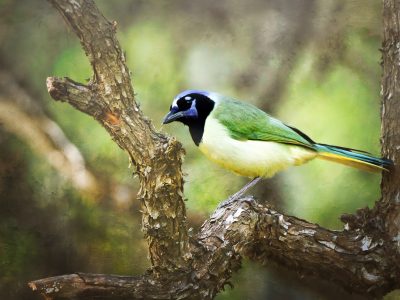Date Change & New Categories: Wildlife Photographer of the Year

The prestigious Wildlife Photographer of the Year competition has just released updates to the competition format. This year will see new entry deadlines, as well as new categories to streamline the entry process.
To have a photo displayed in the WPOTY exhibition, hosted at the Natural History Museum in London, is the dream of many nature photographers. It is notoriously hard to do so, however, with the competition attracting over 40,000 entries each year.
So get out your diary and make sure you don’t miss the entry window this year. The 53rd competition opens for entries on the 24th October 2016, just a few days after the results of the current competition are announced. The deadline for entries is 15th December 2016.
New Categories to WPOTY
There are also new categories to the competition. In total, there are 16 categories in the adult competition. Here is the breakdown.
Animals in their Environment
Evoking atmosphere and a sense of place – with the habitat as a major element of the picture – to convey how an animal is an integral part of its environment.
Animal Portraits
Revealing the personality of an individual or an intimate group of animals in a thought-provoking or memorable way.
Behaviour: Amphibians and Reptiles
Revealing active behaviour that adds to our understanding of the nature of a species.
Behaviour: Birds
Portraying memorable, unusual or dramatic behaviour.
Behaviour: Invertebrates
Revealing the most interesting or memorable behaviour of any of the multitude of smaller animals without backbones – whether on land, in the air, or in water.
Behaviour: Mammals
Portraying memorable, unusual or dramatic behaviour.
Plants and Fungi
Conveying the essence of a plant or fungus or portraying its importance or role in its environment or its means of survival.
Underwater
Revealing life underwater, whether portraying a particular marine or freshwater environment, focusing on the behavior of an animal or placing it within the context of a specific underwater location, always with the aesthetics in mind.
Urban Wildlife
Focusing on nature’s occupation or cohabitation in a human-dominated environment, whether capturing the magic of the commonplace or the surprise of the unexpected or normally unseen.
Earth’s Environments
Celebrating the scale and magnitude of Earth’s landforms, whether seen from the ground or the air, the natural forces sculpting them or pure wilderness on a landscape scale.
Black and White
Illustrating how the graphic nature and tonal range of black and white photography can simplify the elements, emphasise the form, create drama or add an emotional element to an image, whatever the subject.
Creative Visions
Showing familiar subjects in imaginative ways or revealing from an artistic perspective, the patterns, textures and forms to be found in the natural world.
Wildlife Photojournalist: Single Image
Investigating the relationship between humans and the natural world. Images can be challenging, uplifting, provocative or revelatory, and should illustrate how our attitudes, decisions and actions impact the natural world.
Wildlife Photojournalist Award: Photo Story
Telling a powerful story, these six to ten images should have both individual quality and combined narrative power. Pictures can be challenging, uplifting, provocative or revelatory and should illustrate how our attitudes, decisions and actions impact the natural world.
Rising Star Portfolio Award (aged 18 to 25)
Demonstrating style and artistic intent, this body of work (six to ten images of varying subjects or viewpoints) should show a breadth of skill and vision while illustrating consistent quality.
Wildlife Photographer Portfolio Award (Aged 26 and over)
Displaying a selection of the photographer’s best work, whether the images focus on a specific subject or represent a particular approach. This body of work (six to ten images) should be both original and outstanding.





